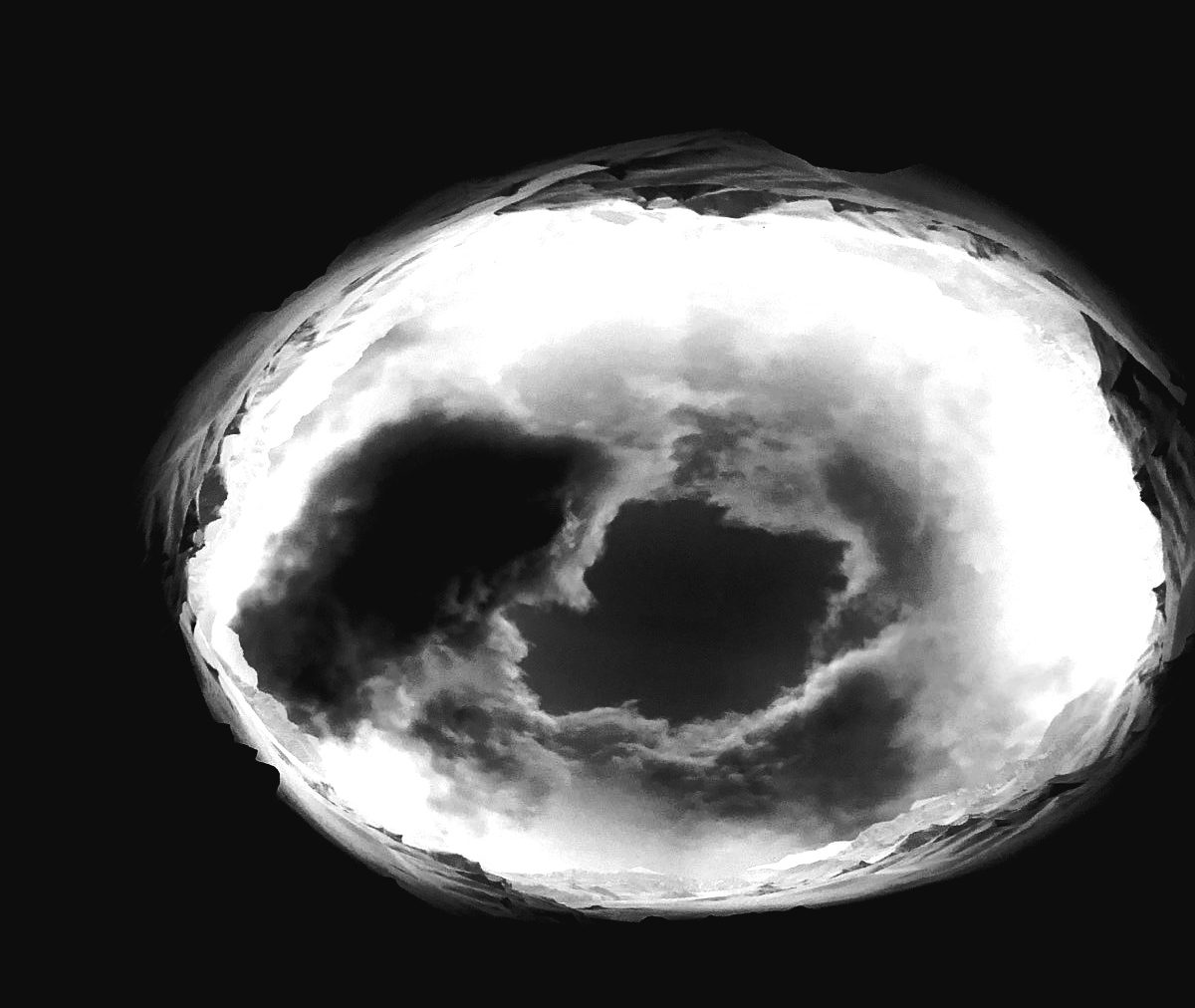For Heidegger, the holy is what precedes and, in its coming before, allows the appearing of god(s). The holy is the site in which the preparation for the arising of god(s) takes place.
The holy is not the highest being of metaphysics and it is neither God nor the godhead. The holy is an ontological phenomenon thought and expressed through thinking being.
The Holy and the Technological
The holy has withdrawn and receded into absence, for the gods close them off from the technological. Heidegger’s thinking of the holy is linked together with his critique of technology, for experiencing the holy appears to be impossible within the technological world.
That is, in a world where technology, consumption, and manufacture hold sway, undergoing what is holy seems impossible, for the holy is a radical otherness closing itself off, and distancing itself, from the technological.
The technological, on the other hand, in its holding sway, has excluded the holy, rendered it marginal, and reduced it to mere acts of religiousness whose place has become private, unseen, and remote. This sending of the holy toward the margins by the holding sway of the technological in our times has thus transformed the holy into an object of anthropological study.
For Heidegger, the holy is not the unseen in its remoteness and privacy. It is not that into which protected and private subjects and objects are brought together. The holy, for Heidegger, precedes all subjects and objects and every I and Thou. In its coming before every relation in which subjects and objects are placed, the holy renders possible the emerging of the divine. That is, the arising of the divine and the welcoming of this arising dwell in a site that only the holy can open up.
The Holy and Religions
Any understanding of religions takes place in the place originally opened up, and first made possible, by the holy. Religions appear, and first announce themselves, as understandable only in the space that the holy traverses and sustains. The holy is the fundamental mood of any understanding of religions.
The holy, as a fundamental mood, is what renders possible the surviving of religions. This means that the holy precedes the messages of gods by opening up a space in the future where such messages finally assume their meaning and understanding. That is, the holy carries out the preparations for the receiving and understanding of gods and their messages in the future. The messages of gods fade away and recede into obscurity if the holy disappears. Religions and religiousness undergo a hollowing-out if the holy is not experienced.
That is, the holy is what renders possible any understanding of religion, for it is itself the site in which religions can appear and announce themselves. The holy precedes and prepares for the arising of religions. The holy is the opening through which any entering into religiousness must pass so that religions could survive to encounter their historical meanings and understanding in the future.
This means that religions have histories only because of the holy, for the holy, as a mood, is grounded in the historical moment from out of which its own experience emerges and announces itself. Religions are historical because of the holy, for experiencing the holy is itself historical.
It is thus the holy, and not onto-theology, that renders understandable and brings closer to the gods and their messages, for any rendering understandable and every bringing closer must take place historically.
Onto-theology, on the other hand, is ahistorical in its thinking of gods and their messages because it is turned toward the highest in its transcending of all the other beings. That is, onto-theology is a thinking of what is eternal in its self-sameness, extending itself into what lies beyond history. In onto-theology, the historicality of gods is refused.
This means that onto-theology is an understanding of being in which gods are not allowed to carry out an emerging as a historical arriving, for that which is ahistorical does not have a site reserved for the historical arriving of gods.
Only the poet can bring nearer to a site that onto-theology has closed, obscured, and rendered impossible, only the poet can render possible the entering into this site, the site of the holy wherein the gods in their historical arrival can first emerge and announce their messages. From out of the historicality of being, the holy is experienced. This experience is what allows an entering into that in which the gods appear in their historical arriving.
For more articles explaining and introducing Heidegger’s thought, visit this webpage.

